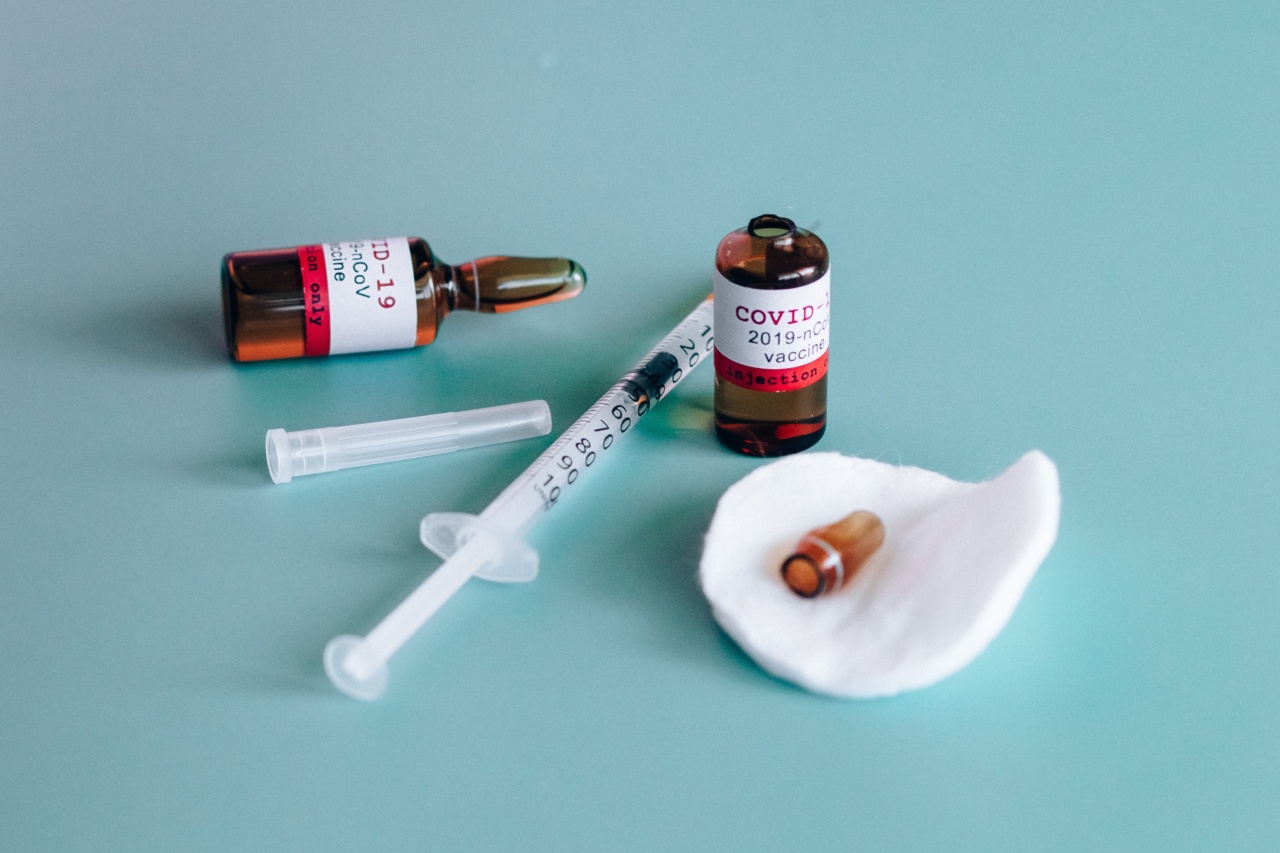Crohn’s disease is an inflammatory bowel disease that affects about 1.3 million people in the United States alone.
It is a chronic condition that causes inflammation in the digestive tract, leading to various symptoms such as diarrhea, abdominal pain, weight loss, and fatigue. Currently, the treatment options for Crohn’s disease are limited and primarily involve suppressing the immune system to reduce inflammation.
However, a recent advancement in Crohn’s disease treatment involves experimental protein therapy, which shows promising results for some patients.
What is Crohn’s Disease?
Crohn’s disease is a chronic inflammatory condition that affects any part of the digestive tract, from the mouth to the anus.
It is characterized by inflammation, swelling, and thickening of the bowel wall, which can lead to abdominal pain, diarrhea, and other symptoms.
The exact cause of Crohn’s disease is unknown, although it is believed to involve a combination of genetic, environmental, and immune system factors.
There is currently no cure for Crohn’s disease, and the available treatments focus on reducing inflammation and controlling symptoms.
Current Treatment Options for Crohn’s Disease
The treatment options for Crohn’s disease depend on the severity of the disease and the individual patient’s symptoms. The main goal of treatment is to induce and maintain remission, reduce inflammation, and improve quality of life.
Currently, the available treatments for Crohn’s disease include:.
- Anti-inflammatory drugs: such as corticosteroids, aminosalicylates, and immunomodulators, which can help reduce inflammation in the bowel.
- Biologic drugs: such as anti-TNF-alpha agents, which specifically target the inflammatory process in Crohn’s disease.
- Surgery: in severe cases of Crohn’s disease, surgery may be necessary to remove damaged or obstructed bowel sections.
Experimental Protein Therapy for Crohn’s Disease
Recent advancements in Crohn’s disease treatment involve a new experimental protein therapy known as Anti-IL-23 antibody.
IL-23 is a cytokine, a protein that regulates immune system responses and plays a role in the development of inflammatory diseases such as Crohn’s disease. The anti-IL-23 antibody is designed to specifically target and neutralize this cytokine, which could help reduce inflammation and symptoms in patients with Crohn’s disease.
Several clinical trials have been conducted to assess the safety and effectiveness of anti-IL-23 antibody therapy in Crohn’s disease patients.
In a phase II clinical trial, patients who received the anti-IL-23 antibody showed significant improvements in their Crohn’s disease symptoms, as well as a reduction in inflammation markers in the blood and bowel tissue.
Another phase II clinical trial found that anti-IL-23 antibody therapy was effective in inducing remission in a subset of patients with moderate to severe Crohn’s disease who had not responded to previous treatments.
The therapy also showed a favorable safety profile, with no serious adverse effects reported.
Currently, a large, multicenter, randomized, double-blind, placebo-controlled phase III clinical trial is underway to further evaluate the safety and effectiveness of this experimental protein therapy in Crohn’s disease patients.
The results of this trial could help determine whether this therapy could become a viable treatment option for Crohn’s disease in the future.
Conclusion
Crohn’s disease is a chronic condition that affects millions of people worldwide, and current treatment options can be limited in their effectiveness.
However, recent advancements in Crohn’s disease treatment, such as experimental protein therapy, show promising results for some patients. Anti-IL-23 antibody therapy specifically targets the cytokine responsible for inflammation in Crohn’s disease, which could lead to significant improvements in symptoms and quality of life for patients.
Further research is needed to determine the safety and effectiveness of this therapy in larger patient populations, but the early results are promising.
























